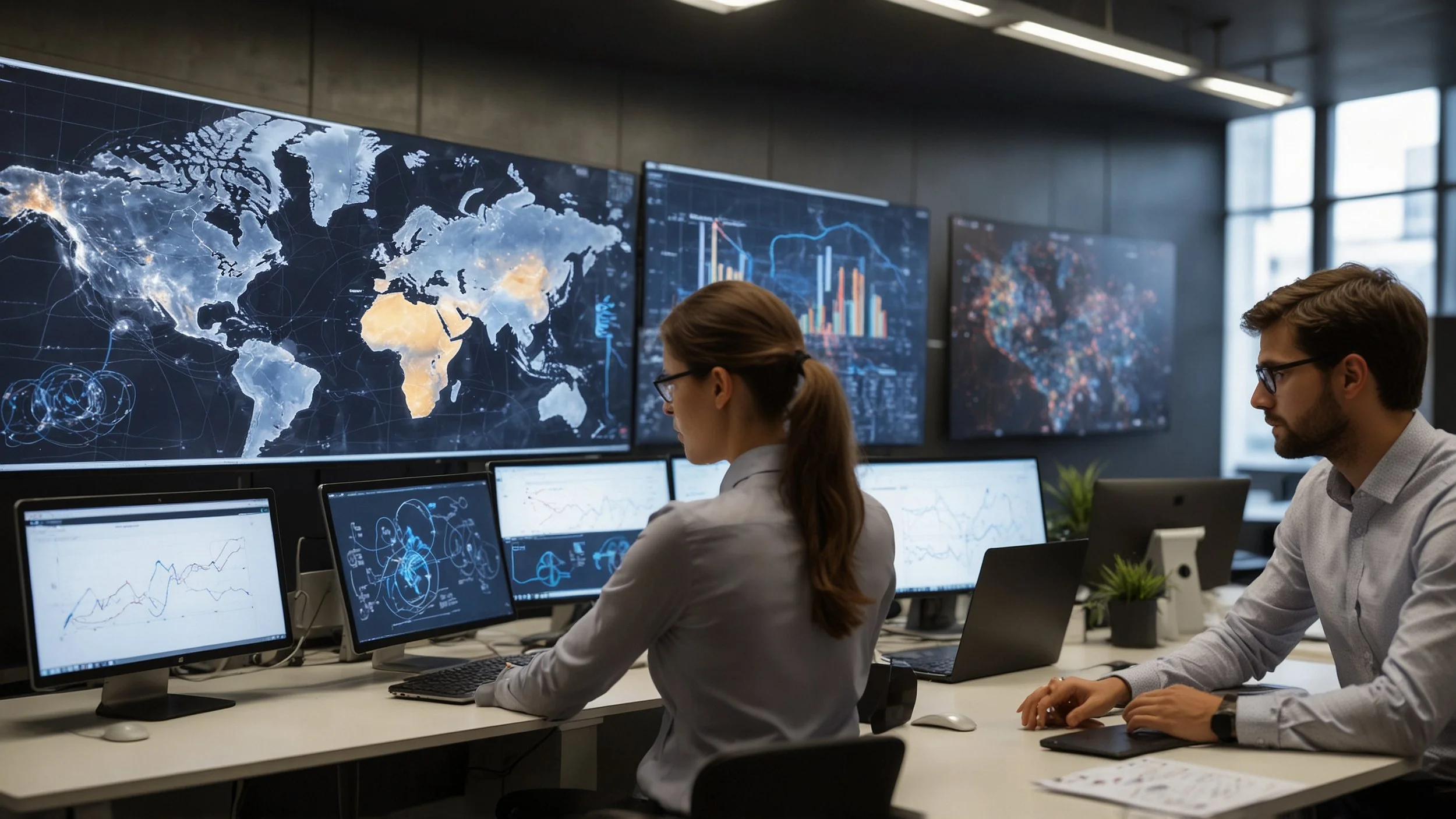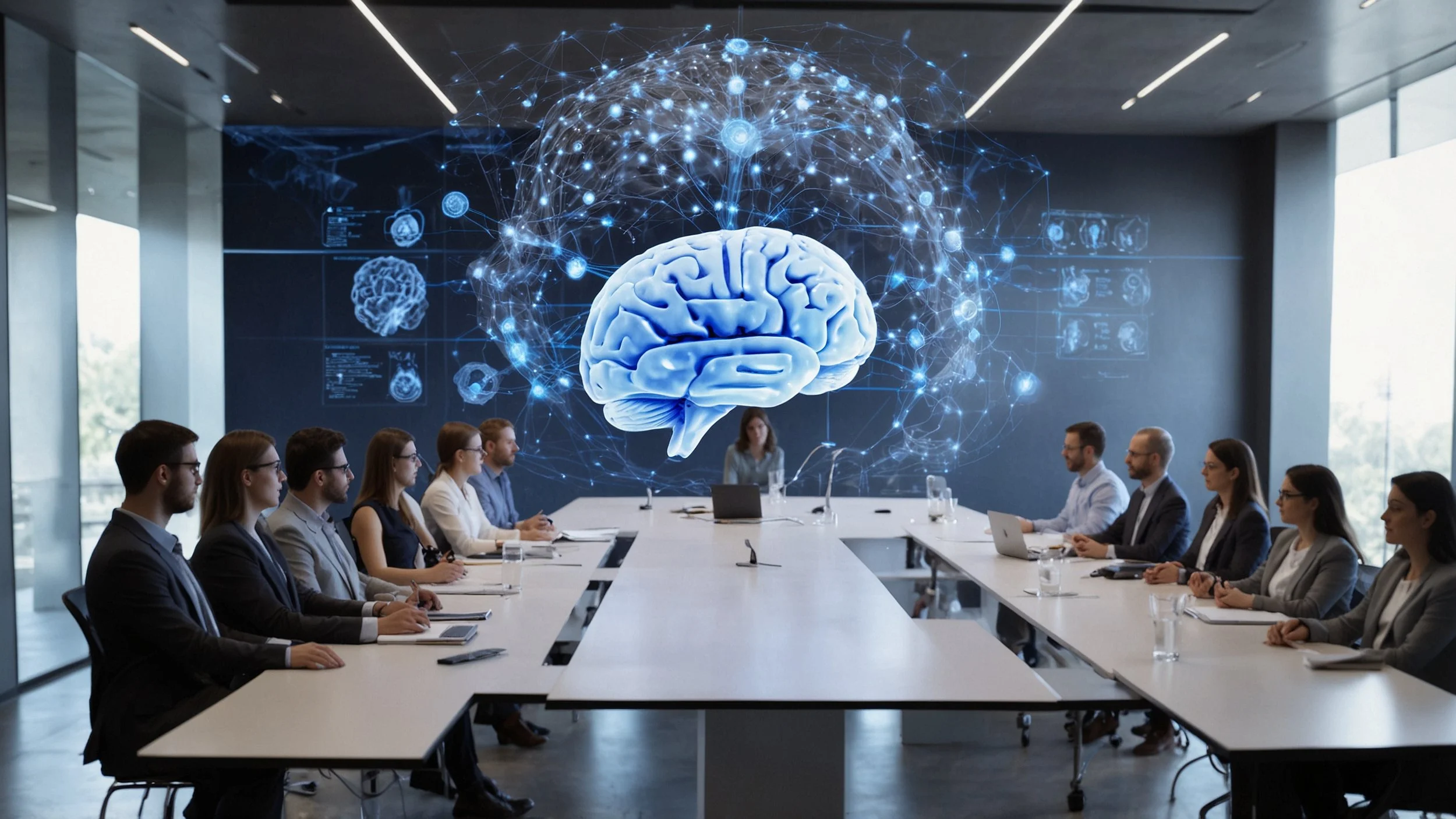The silent revolution transforming the industrial future
Artificial intelligence (AI) and automation have transcended the realm of novelty to become fundamental pillars redefining multiple industries. These emerging technologies are driving a profound evolution, transforming everything from operations to customer interaction. Experts highlight their potential to optimize processes, generate new job opportunities and raise ethical dilemmas that require urgent attention. This article explores how these tools are shaping the industrial present and the prospects they open for the future.
Technological innovation that redefines operations
Technologies such as machine learning, natural language processing and computer vision are revolutionizing the way businesses operate. Predictive analytics, powered by AI, allows trends and behaviors to be anticipated with unprecedented accuracy, improving efficiency and customer experience. The integration of AI into Internet of Things devices generates smarter, more personalized environments. This convergence between the physical and digital forces industries to adapt quickly or face obsolescence.
The labor market facing a new scenario
Technological change is profoundly transforming the labor market, generating a reconfiguration in the demand for professional profiles. In particular, there is a notable increase in the need for experts in data science, machine learning and ethics related to artificial intelligence (AI).
New job profiles emerge, such as ethical AI consultants, who guide the responsible development of intelligent technologies, and automated solution architects who design integrated systems with advanced capabilities.
These occupations require not only advanced technical skills, but also an applied understanding of the ethical and practical implications of technologies, emphasizing multidisciplinarity.
Continuous training and constant updating of knowledge are key factors to maintain employability in this environment, given the rapid technological advancement and evolution of tools.
Those who invest in acquiring and honing skills in these areas will be better positioned to take advantage of the job opportunities that arise in an ever-changing technology ecosystem.
Ethical responsibility in the digital era
The expansion of artificial intelligence (AI) and automation is rapidly transforming various sectors, but it also raises important ethical challenges that need to be addressed. These challenges are related not only to technical aspects, but also to the social and human implications that these technologies have on our daily lives.
Privacy and data protection: The massive collection of personal data to power AI algorithms raises concerns about the proper and secure use of this sensitive information.
Algorithmic biases: Automated systems can reproduce or even amplify existing biases, affecting fairness and justice in critical decisions such as hiring or financial services.
Impact on employment: Automation may displace workers in certain sectors, so it is essential to implement policies that facilitate labor reconversion and protect labor rights.
Transparency and trust: Developing regulatory frameworks that mandate transparency in the operation of algorithms is critical to fostering public confidence in automated decisions.
Accountability and inclusion: Organizations must ensure that technology adoption includes all social groups, promoting accountability and ethical development that benefits society as a whole.
Artificial intelligence and automation are reshaping industries by improving processes, creating new professional roles and emphasizing ethics in their adoption. Practical applications demonstrate their value, while experts provide strategies for their successful implementation. The future demands that companies be agile, informed and committed to responsible innovation that enhances sustainable and human development.






